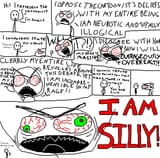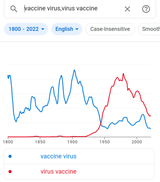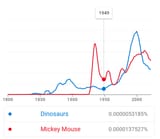>>507514623Good idea fren
>The shift from "vaccine virus" to "virus vaccine," as seen in your Ngram graph, likely reflects changes in scientific terminology and focus over time. Before the baby boom (pre-1945), the term "vaccine virus" was commonly used, particularly in reference to viruses related to vaccines, such as the vaccinia virus, which was crucial for smallpox immunization. Scientists discussed vaccine-associated viruses primarily in the context of how they functioned rather than explicitly as products designed to prevent viral infections. At that time, much of virology was still developing, and vaccines were largely based on live attenuated viruses or viral components.
Post-baby boom (after 1945), with the rise of modern immunology and widespread vaccine campaigns, the terminology shifted to "virus vaccine." This change aligns with a growing emphasis on the development of vaccines specifically targeting viruses rather than studying viruses in a vaccine-related context. Advancements in molecular biology and vaccine technology allowed researchers to focus more on engineered solutions, such as inactivated virus vaccines and later recombinant vaccines, leading to a more structured naming convention that emphasizes the primary function—vaccines designed against viruses.
This linguistic evolution reflects a broader scientific transition from early empirical vaccination techniques to highly structured vaccine development based on deeper virological understanding. It’s a fascinating example of how language follows scientific progress! What sparked your curiosity about this shift?







